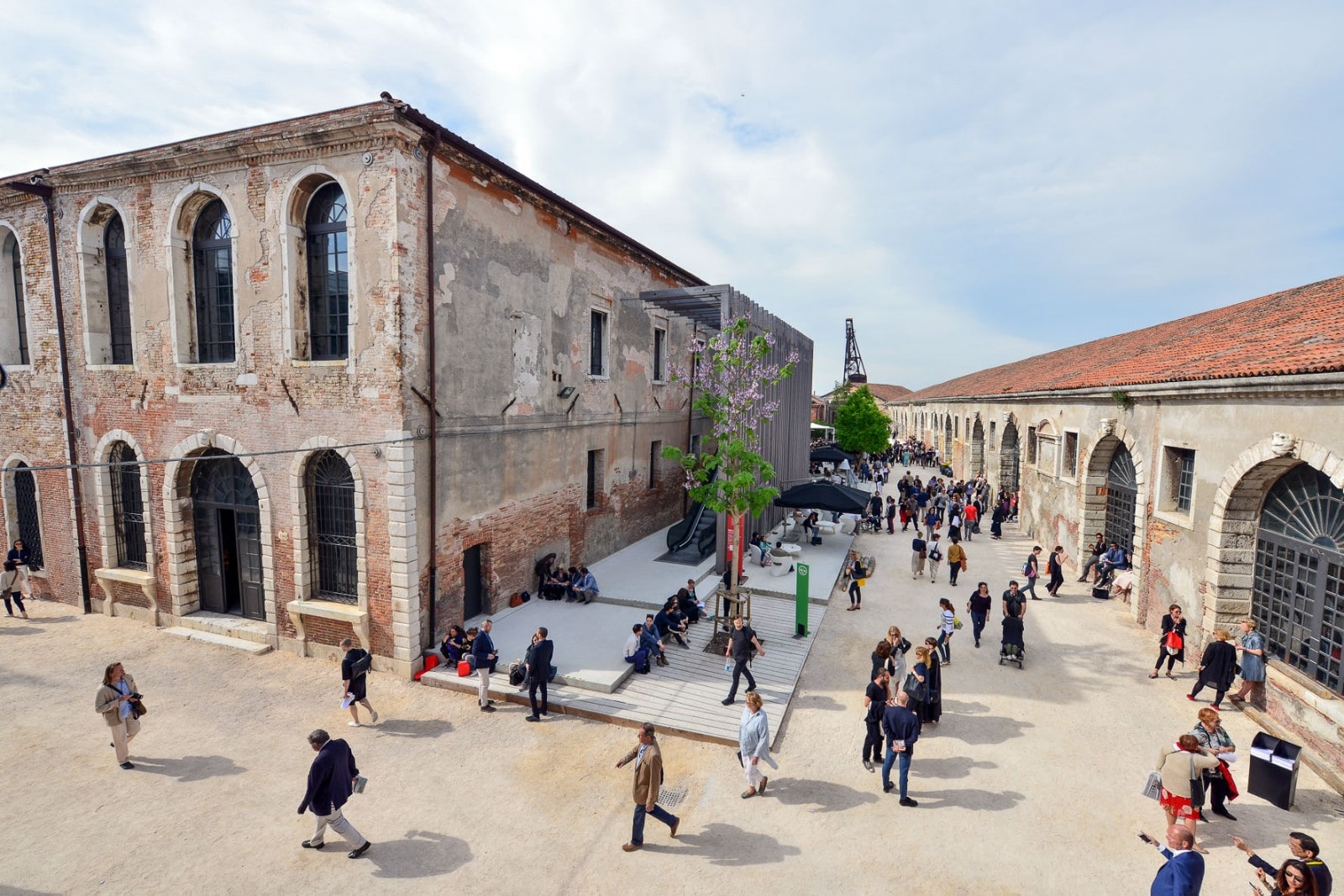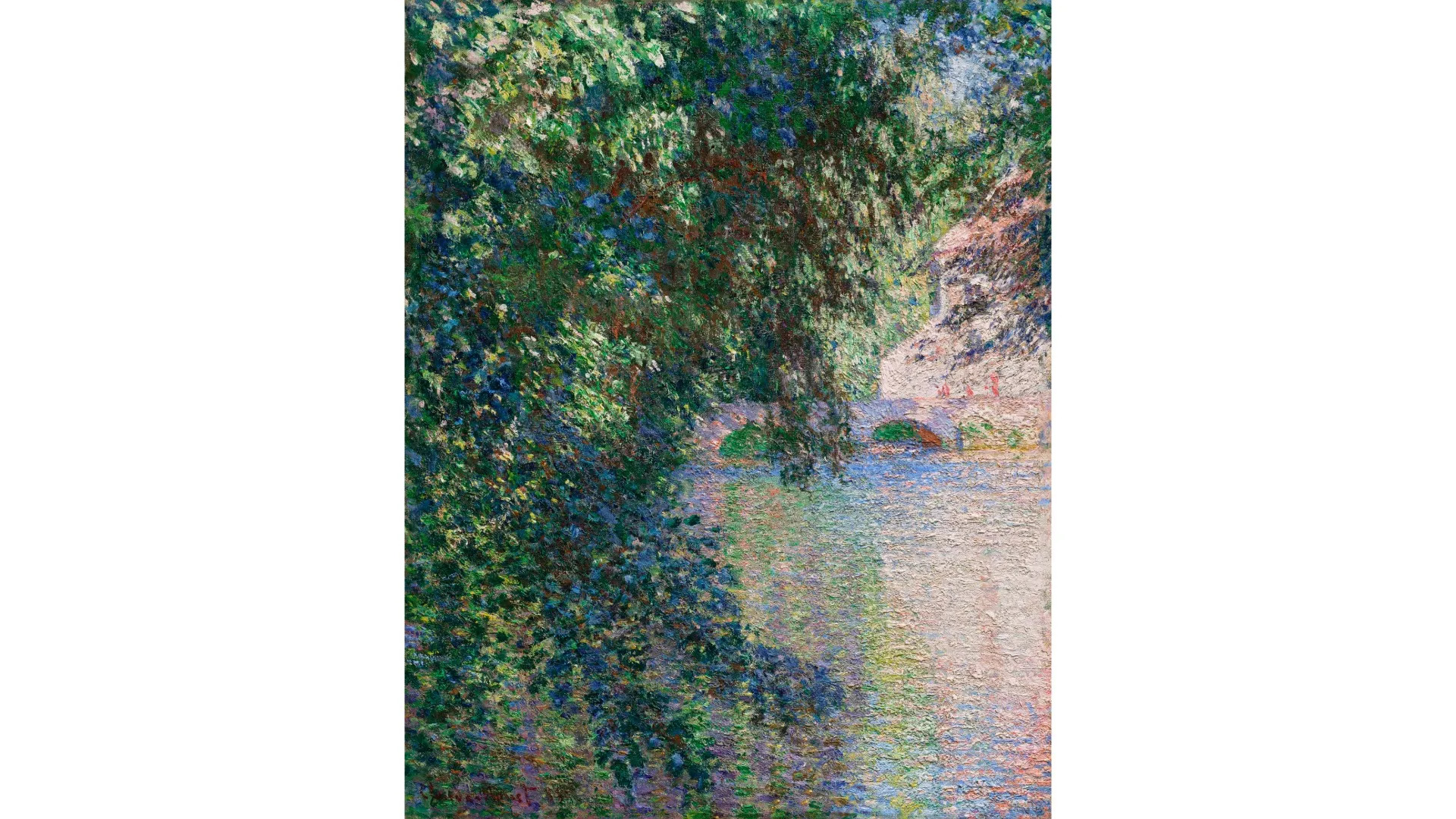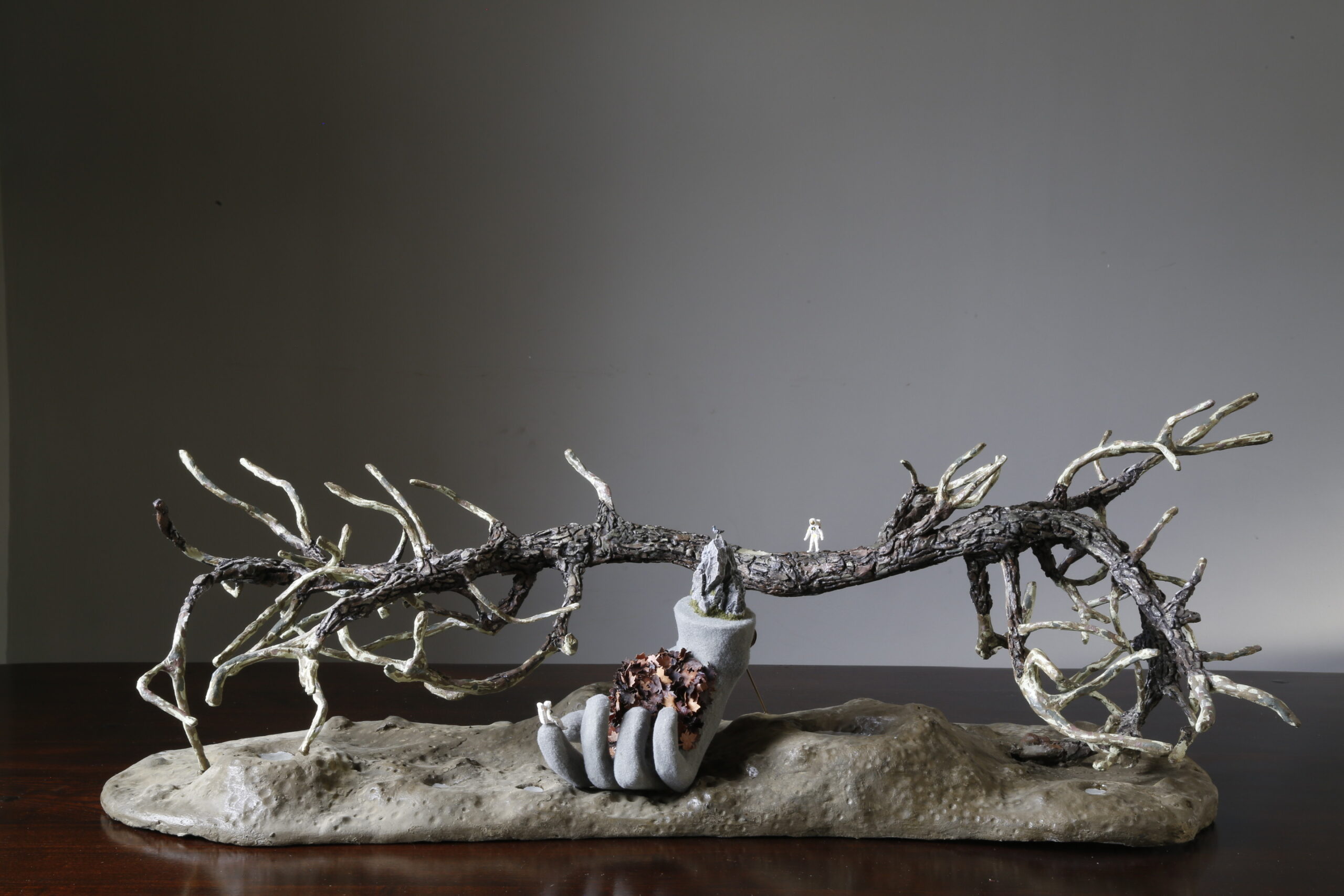According to reports in the Italian press, Russia has decided to allocate its unused national pavilion at the Venice Biennale to Bolivia. The decision comes as Russia is abstaining from participation in the Biennale for the second consecutive year, following its invasion of Ukraine in 2022.
The stately green building located in Venice’s Giardini, which would have remained closed otherwise, will now serve as the venue for an exhibition featuring 25 artists representing the Plurinational State of Bolivia during the 60th edition of the Biennale. This gesture not only provides Bolivia with a platform to showcase its artistic talent but also ensures the continued utilization of the pavilion during the Biennale.
“The Bolivia Pavilion has the unique opportunity to be situated within the prestigious Giardini, the most esteemed exhibition area of the entire Biennale, thanks to the generous support of the Russian Federation, which recognized the significance, quality, and content of our project,” the pavilion’s organizers expressed to Il Sole 24 Ore.
The recent announcement regarding the allocation of Russia’s unused national pavilion at the Venice Biennale to Bolivia coincides with reports indicating Russia’s interest in accessing Bolivia’s significant lithium reserves, estimated to be approximately 23 million tons. Last year, Bolivia reportedly signed a contract with Russia’s Uranium One Group, as reported by DW. This development underscores the multifaceted nature of international relations and highlights the intersection of geopolitics and economic interests.
The exhibition, titled “Qhip Nayr Uñtasis Sarnaqapxañani,” which translates to “Looking at the future-past, we are treading forward,” is curated by Esperanza Guevara, Bolivia’s minister of cultures, decolonization, and depatriarchalization, and commissioned by Deputy Minister Juan Carlos Cordero Nina.
Guevara and Nina emphasized that the project aims to bring together artists from Bolivia and friendly countries in Latin America. They described it as an opportunity to showcase and demonstrate the brotherhood and joy that unite these nations. They highlighted the common ground of Indigenous origins and the shared commitment to “live well” in harmony and equity among themselves and with “Mother Earth.” This thematic focus reflects the deep cultural and philosophical values shared by Bolivia and its neighboring countries in the region.







